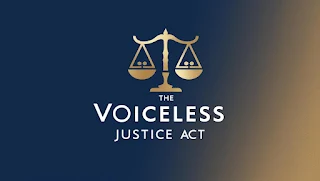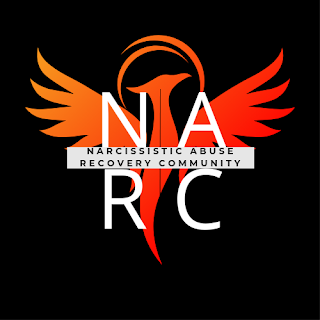The 8 Stages of Narcissistic Psychological Warfare: Breaking the Silence on Hidden Abuse
What if the most dangerous form of abuse left no bruises?
Behind closed doors, a silent epidemic is destroying lives not with fists, but with mind control tactics ripped straight from POW camps and oppressive regimes.
This is not just toxic love. This is psychological warfare a methodical campaign to hijack the human mind, strip away identity, and break a person’s will without ever laying a hand on them.
Narcissistic abuse is one of the greatest unrecognized human rights violations of our time a hidden crime that leaves millions of victims trapped in invisible prisons, often with no way out.
And the world refuses to see it.
The Truth They Don’t Want You to Know
The same psychological warfare tactics used to brainwash prisoners of war indoctrination, gaslighting, thought control, and mental captivity are being used inside homes, relationships, and families every single day.
But because the wounds are unseen, the victims are silenced.
The 8 Stages of Narcissistic Psychological Warfare expose the blueprint behind this hidden abuse proving that what happens behind closed doors isn’t just emotional trauma...
It’s systematic mental destruction.
Why This Matters Now
Narcissistic abuse claims lives through mental breakdowns, addiction, and suicide. Yet there are no laws protecting victims from psychological abuse in the United States.
That’s why the Heal Loudly movement is launching the Voiceless Justice Act a groundbreaking legal proposal to make psychological abuse a federal crime and the Frankie Initiative petition to create a national registry of psychological abusers.
This series isn’t just about awareness it’s about revolutionizing how society sees narcissistic abuse and fighting to create legal protections for the millions of victims suffering in silence.
What You’ll Learn in This Series
Over the next eight articles, we’ll break down the 8 stages of narcissistic psychological warfare the exact same mind control tactics used in cults, oppressive regimes, and covert military operations:
1. Indoctrination — Grooming the victim for capture
2. The Psychological Breakdown — Stripping identity
3. Psychological Enslavement — Creating dependency
4. Mental Reprogramming — Controlling perception
5. Psychological Punishment — Crushing resistance
6. Psychological Submission — Enforcing helplessness
7. Psychological Captivity — Ensuring long-term control
8. Destruction & Erasure — The final betrayal
If you’ve ever struggled to explain what happened to you if you’ve ever felt like you were brainwashed or trapped inside your own mind this series will finally give you the language to name your experience.
Your mind was hijacked. Now it’s time to take it back.
Join the Fight
This series is a preview of the upcoming book, Hijacked Minds: 100 Psychological Warfare Tactics Narcissists Use to Control, Break, and Destroy Their Victims coming Summer 2025.
We’re raising funds to make this mission a reality through the Heal Loudly GoFundMe campaign supporting the Voiceless Justice Act, the Frankie Initiative petition, and national advocacy for legal protections against psychological abuse.
Every dollar helps break the silence and fight for those whose voices have been stolen.
[Donate to the GoFundMe here https://gofund.me/3bdea9be
It’s not just abuse—it’s psychological warfare. It’s time the world finally saw it.





.jpeg)
.jpeg)
















